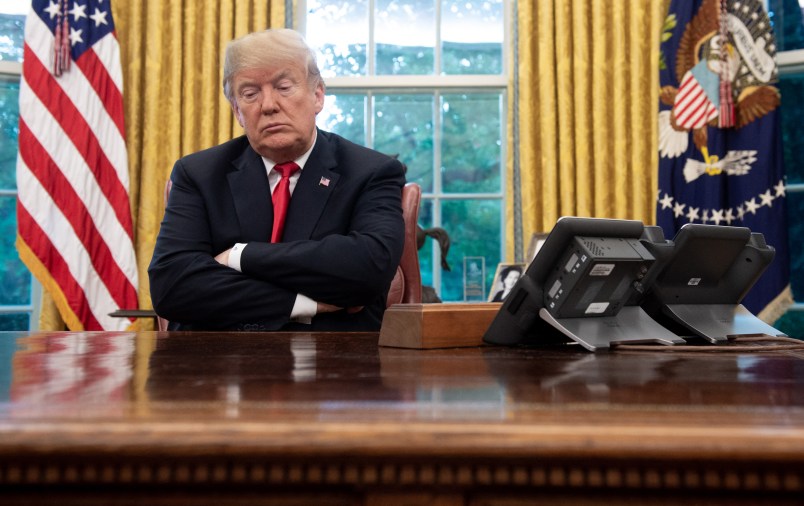One of the abiding themes of election coverage this year is that if there’s a second Trump presidency it will be more extreme, more organized and ideologically coherent and more prepared. There’s some level of psyching out the opposition going on here. But it’s still mostly correct. The major guideposts in the storyline are first that the various forces that went into Trumpism came into 2016 and 2017 not really realizing Trump was the guy. And that’s not surprising. He was Donald Trump after all, something our whole political system has difficulty remembering. Trump also staffed most of his administration with what for him were the equivalent of Hollywood leading men: ex-generals, legitimate multinational corporation CEOs, Wall Street sharks. They weren’t people Democrats like but they weren’t ideologues or even very in line with the goals Trump was pursuing by the end of his term.
The part of the story that is still too little articulated is how Trump’s personal and legal challenges galvanized and really created the whole thing. Trump’s desire for dictatorial power, to control the government in depth, to have the entire state mirror and obey his will grew from his frustration and fear of the various legal probes that stalked him. He thought when he became President that he had managed a hostile takeover of a rival company. The state and the country was his. So he could do whatever he wanted. But it didn’t turn out to be that way. And that’s how the drive to vanquish the “Deep State” was born. In other words, the kernel of Trump’s dictatorial, strongman ambitions were there from the start. But it was only the shock and ego injury of being faced with the difference between owning and governing that set him on the track, for entirely personal and self-protective reasons, of transforming the state to make it serve him in the way he wanted.




